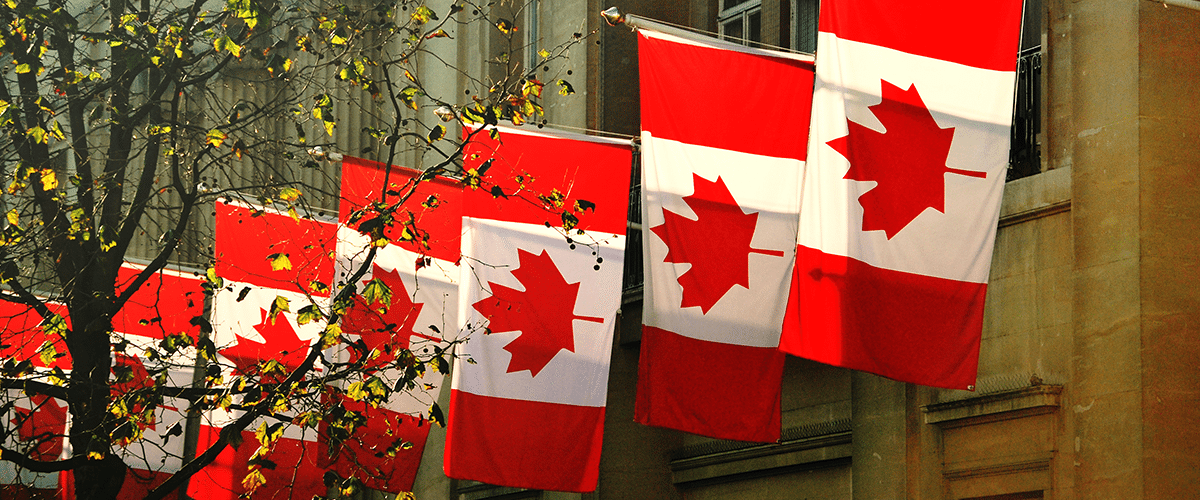[vc_row][vc_column][vc_column_text]
A task force appointed by the Canadian government to study the legalization of marijuana submitted its findings in a report last week.
Canada’s Task Force on Cannabis Legalization and Regulation issued its recommendation report to the Canadian government last week, the latest step forward in the country’s efforts to legalize recreational marijuana early next year. Prime Minister Justin Trudeau, who had campaigned on the promise to legalize marijuana, commissioned the report to be advised of the best ways to create and implement marijuana legalization.
“To fulfill our mandate, we engaged with provincial, territorial and municipal governments, experts, patients, advocates, Indigenous governments and representative organizations, employers and industry,” the report’s Executive Summary reads. “We heard from many other Canadians as well, including many young people, who participated in an online public consultation that generated nearly 30,000 submissions from individuals and organizations. The Task Force looked internationally (e.g., Colorado, Washington State, Uruguay) to learn from jurisdictions that have legalized cannabis for non-medical purposes, and we drew lessons from the way governments in Canada have regulated tobacco and alcohol, and cannabis for medical purposes.”
The task force recommends restricting legal marijuana to adults ages 18 and over, allowing personal use cultivation of four plants per home, and setting the personal possession limit at 30 grams (slightly more than 1 ounce). Legal cannabis should be sold in storefronts, the report recommends, but not in stores that also sell alcohol and tobacco.
“Now is the time to move away from a system that has, for decades, been focused on the prohibition of cannabis into a regulated legal market,” Anne McLellan, chair of the task force, told CBC News.
The report recommends imposing similar advertising and packaging restrictions that are currently applied to alcohol and tobacco sales and continuing to criminalize illicit production and trafficking to youth and international markets. Retail taxes should be higher for products containing elevated levels of THC and revenue generated from sales should be applied to public education campaigns and furthering research, the task force recommends.
Canada lawmakers are expected to start the recreational legalization process in the spring of 2017. The new report gives the lawmakers a blueprint to work from.
“We recognized that there will be much discussion around the implications of our recommendations,” McLellan said in the report. “However, like scraping ice from the car windows on a cold winter morning, we believe that we can now see enough to move forward.”
Bloomberg reports that the release of the task force’s plan caused Canada’s marijuana stocks to surge.
“I think it’s a very sound proposal and I think it will get quite a bit of support,” said Bloomberg Intelligence analyst Kenneth Shea. “This gave good clarity. I didn’t see any big surprises and I think it gives a good balance a good way to proceed.”
Marijuana has been prohibited in Canada since 1923. A recent study from multinational professional services firm Deloitte estimates Canada’s legal cannabis market to be worth nearly $23 billion. In February, 68 percent of Canadians voiced support for legalization.
You can read the full report, “A Framework for the Legalization and Regulation of Cannabis in Canada,” here.
Earlier this month, Canada loosened its licensing restrictions for growing hemp. Learn about Canada’s current cannabis laws through our education page.[/vc_column_text][/vc_column][/vc_row]






